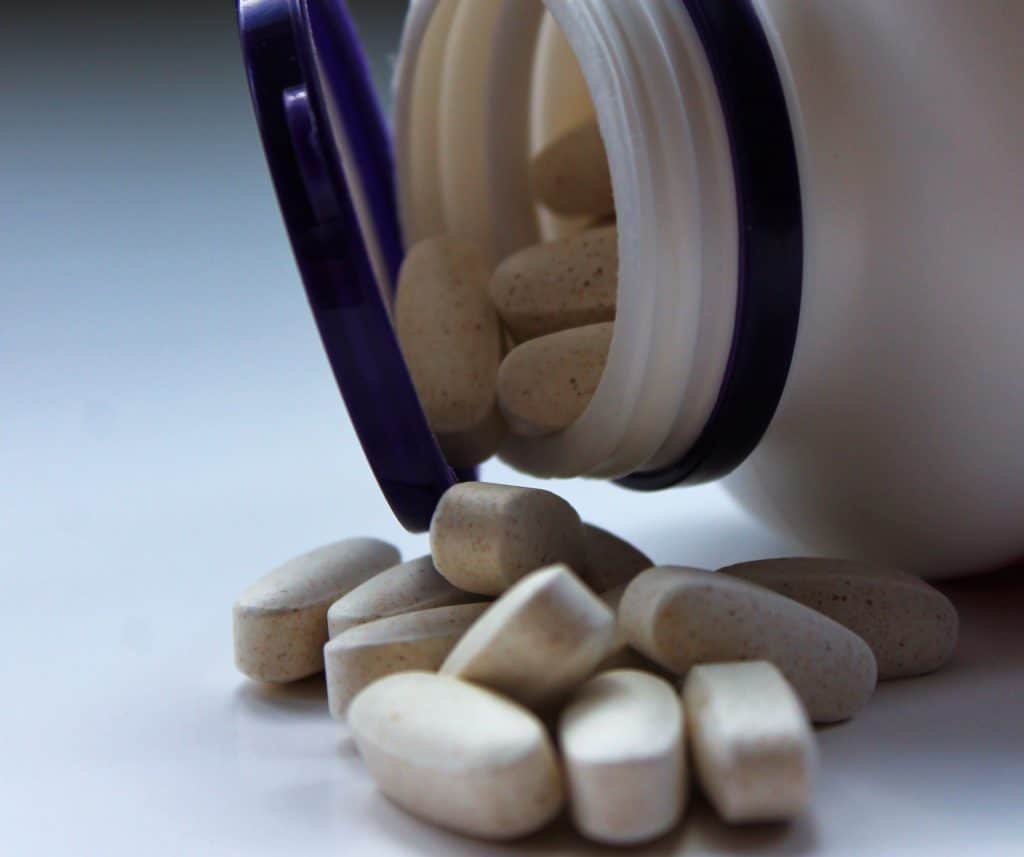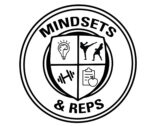
Intermittent fasting is one of the most popular dietary strategies. Days are broken up into eating and fasting windows, with the fasting window typically lasting between 16-24 hours. Sometimes people will fast for days at a time.
This unique eating strategy proposes some questions, as much of the standard dietary advice given is based upon a regular breakfast/lunch/dinner eating schedule.
Many of the questions revolve around what breaks a fast. Typically the answers are ambiguous, as people have differing opinions of what constitutes a fast. Some are very strict and consider anything of caloric value breaking a fast, while others choose an arbitrary number like 50 calories.
This ties in with supplementation, and causes confusion as to what supplements break a fast. One such supplement is vitamins.
Vitamins and minerals vary in terms of absorption. B and C vitamins are water soluble and don’t require food for absorption. Vitamins A, D, E, and K are fat soluble and require food for proper absorption.
Since a multivitamin will contain all vitamins and minerals, it should be taken with a meal and thus will be consumed during the eating window of an intermittent fasting protocol.
For individuals on an OMAD diet, vitamins would be taken with the one meal that is consumed per day. On less strict intermittent fasting diets, vitamins are taken with any meal during the eating window.
People who perform alternate day fasting would not consume vitamins during days they fast. The same applies to people who do 5:2 intermittent fasting, where they don’t eat for 2 days out of the week. They would not take vitamins on those 2 fasting days.
Do Vitamins Break a Fast?
Since vitamins contain no caloric value in of themselves, they do not break a fast. However it’s important to note that certain powder multivitamins contain calories as part of the flavoring process.
A product like Emergen-C contains 35 calories per serving, while a more comprehensive powder multivitamin like Evovite contains 5 calories. Even a product that is flavored using artificial sweeteners may contain some trace calories.
Since Emergen-C only contains B and C vitamins, it could conceivably be taken in a fasted state. However, the calorie content would deter most people from doing so. Again, this harkens back to the idea of what constitutes a fast for some people. Everyone has their own definition.
Any properly formulated multivitamin would be taken in a fed state anyway, due to the inclusion of the fat soluble A, D, E, and K vitamins.
Some people choose to take individual vitamins and minerals rather than a multivitamin. Due to the manner in which they are absorbed, individual B and C vitamins do not require a meal while A, D, E, and K do. Most minerals should be taken with a meal as well.

Best Vitamins for Intermittent Fasting
On an intermittent fasting diet, there is less opportunity to eat compared to a standard diet. This dieting strategy is typically used for weight loss, since obviously a fixed eating window leaves less opportunity to consume calories (or consume calories that constitute a surplus and cause weight gain).
As a result, intermittent fasting can potentially limit the number and variety of nutrients in the diet. The OMAD diet is particularly limited, as individuals on this diet only eat once per day. There is only so much nutrition you could get in one meal, even if it’s a substantial one.
Vitamins are often viewed as a supplement to fill in the gaps of a diet.
Conceivably you could study your current diet and look up which nutrients are lacking. Perhaps you find that the diet is lacking calcium or vitamin B12. However this would have to be under the assumption that you eat the same foods every day. There is an easier way to get what you need.
A multivitamin is more cost effective and convenient. You won’t have to worry about timing as a multivitamin is always taken with a meal. A good multivitamin will cover all your bases as it should contain all vitamins and minerals in efficacious doses and in bioavailable forms.
A quality multivitamin may also have additional ingredients, like antioxidants for immune health or supplements for workout performance.
There are a number of multivitamins that fit the standard for quality. It is often these add-on ingredients that help the consumer determine what they choose. If they value immune health they may choose Orange Triad. If they value athletic performance and recovery they may choose Evovite. Both of these options come in both powder and pill form.
The price of a multivitamin is often (though not always) an indication of its quality. A $10 multivitamin is unlikely to provide a benefit as the absorption rate is poor. It’s important to buy vitamins from a reputable company because there are often errors in formulation that lead you to get far more or far less than what is displayed on the label.
Another indication is the serving size. It’s hard to pack all the vitamins and minerals you need into one pill. Therefore one-a-day type vitamins are usually of lesser quality. A quality multivitamin will require 3-6 pills to be taken per day.
